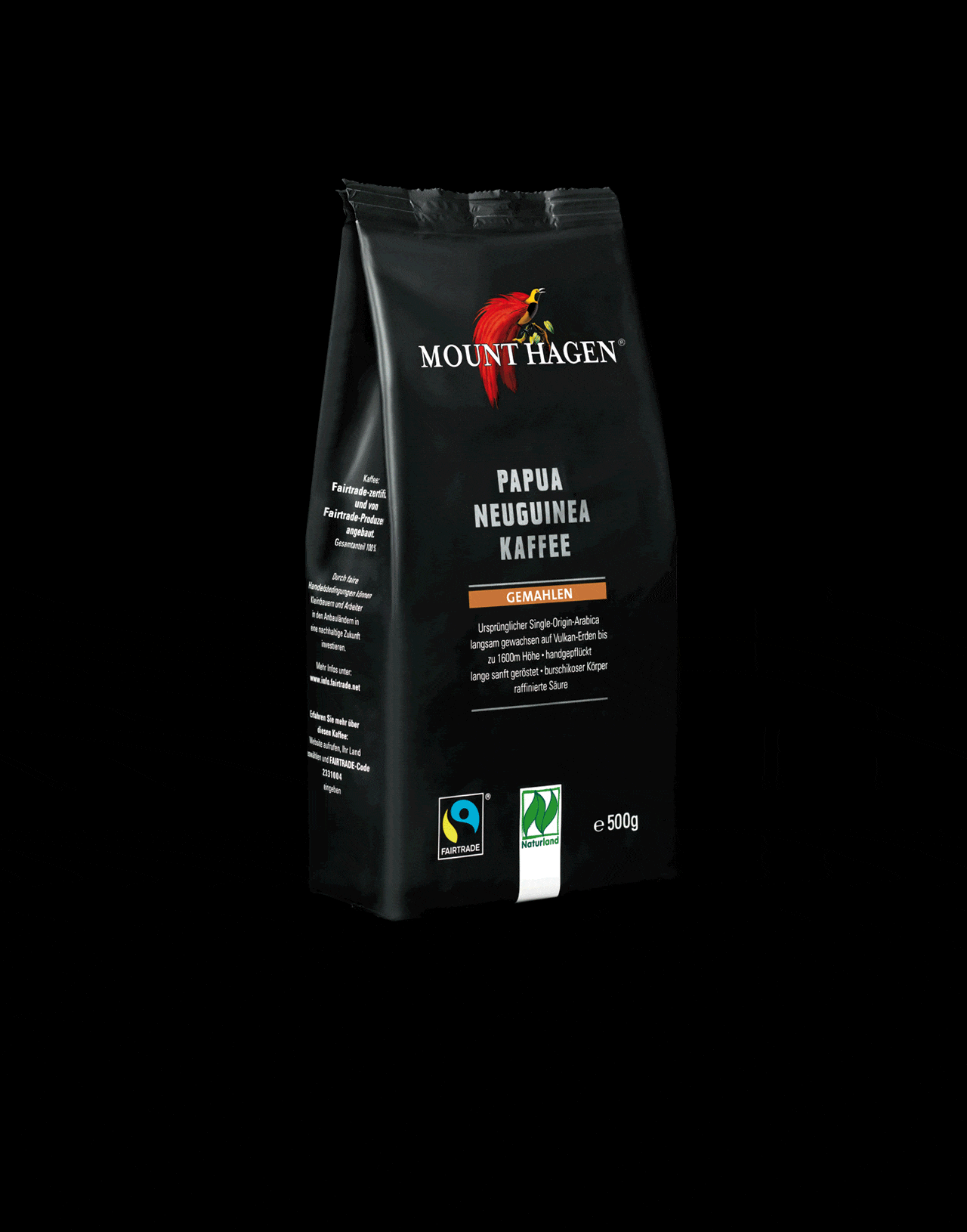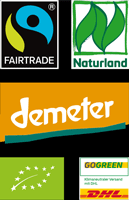- Our Story
The bird. The mountain. And our wonderfully weird story.
Anyone who thought that biodynamic coffee cultivation in Papua New Guinea was a great idea in 1986 was right. Even if it was a pretty crazy, adventurous idea. Especially economically.

Barbara Beiertz
Back then, there was very little organic coffee – not to mention Demeter quality. In principle, this is a good starting point. And Papua New Guinea itself was the absolute insider tip for the best Arabicas at the time.
The only thing missing was someone who believed in it as strongly as we did. And we found him too: Joachim Bauck, one of the organic pioneers par excellence. With him as a customer, Raimund Remer as a cultivation consultant and lots and lots of coffee plant care, the company started in 1990 with just half a container of “bio-dyn” coffee from the plantation near Mount Hagen. And, unsurprisingly, he gave his name to our organic coffee.
Made it?
Well…
Papua New Guinea was (and is) not just an exotic coffee country. It is a beautiful, wild country where enormously different, sometimes rival tribes live. And lots of foreigners who are after natural resources.
A potential for conflict that also caught up with us:
Some time after the first coffee delivery, Raimund Remer and his wife had to leave the plantation because their lives were threatened. Hard to imagine, but true. And a major step backwards for us. Another was the loss of Demeter certification, as no cows could be kept on the plantation – the slopes were simply too steep. But their manure and the preparations that are made from it to improve the soil are fundamental to Demeter’s “closed cycle” principle.
photo:
Babette Lichtenford

photo: Babette Lichtenford
To be honest, we gave Papua New Guinea a rest. For a few years. We reoriented ourselves and looked for new plantations, e.g. in the Dominican Republic, Mexico, Honduras, Peru and later also in Africa. Convinced the farmers that organic coffee is more profitable than coca. Together with them and their cooperatives, we built the infrastructure that made Mount Hagen what it is today: the epitome of fine coffees whose original aromas always hint at the adventure of their origins.
By the way,
of course we went back to Mount Hagen. And today they work with over 2500 small farmers in the cooperative – for the most beautiful organic arabicas in Papua New Guinea.



